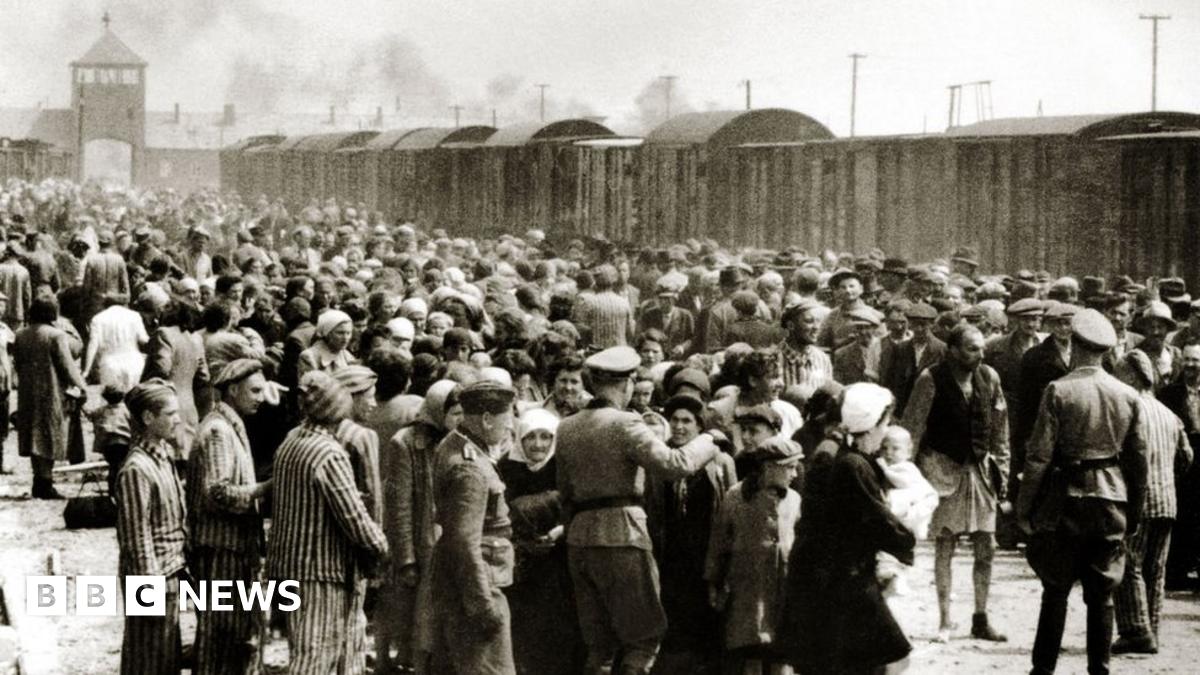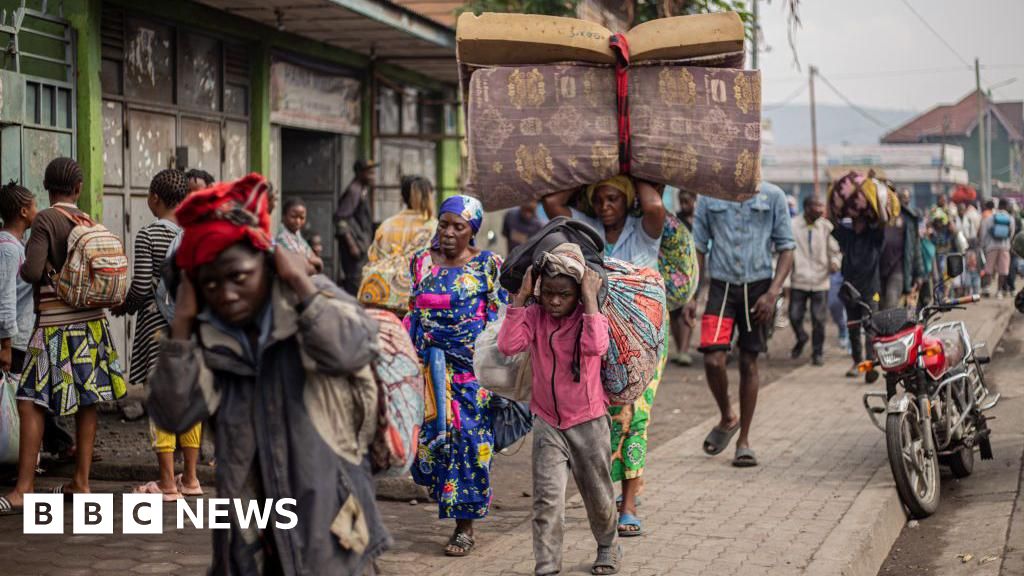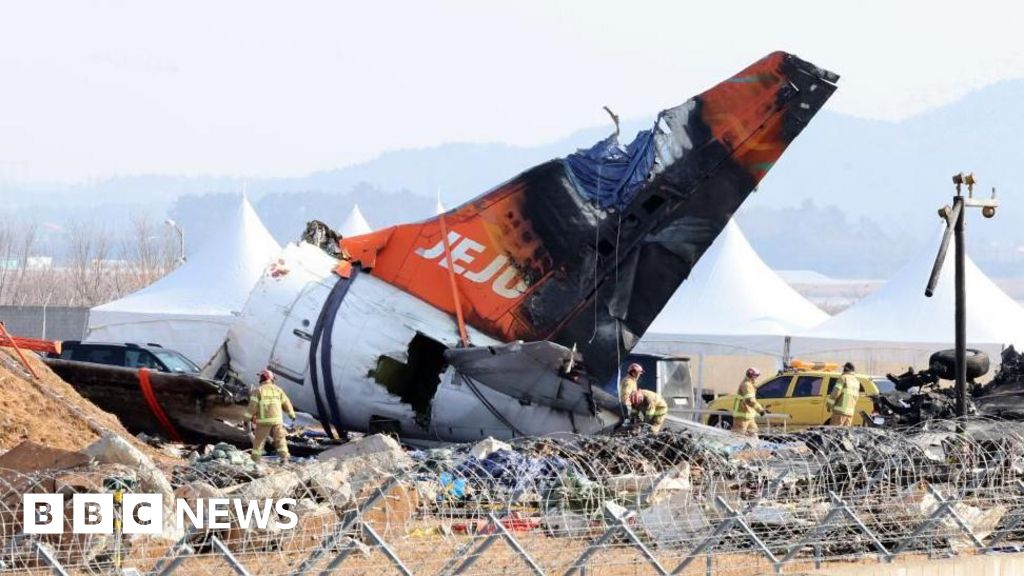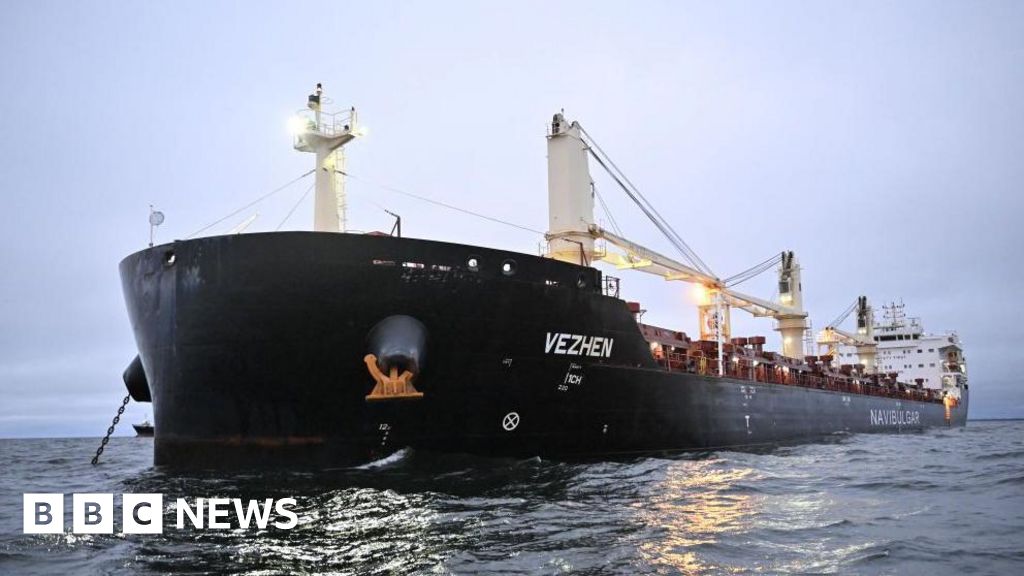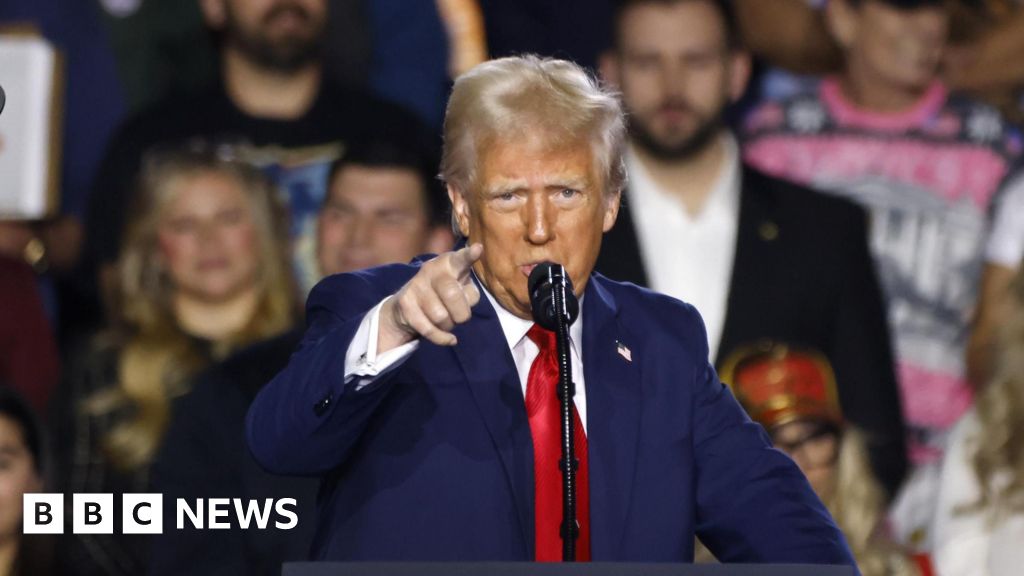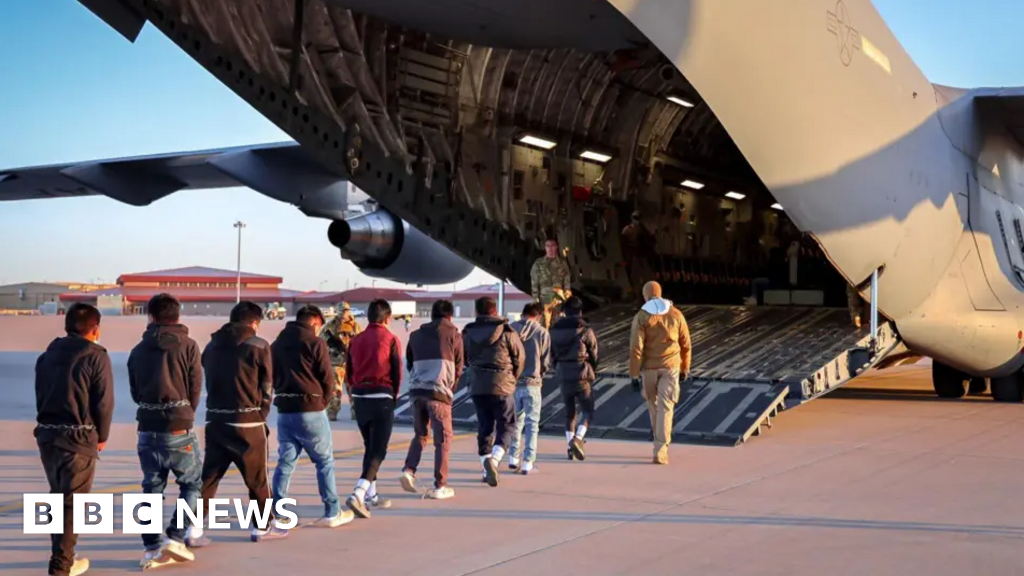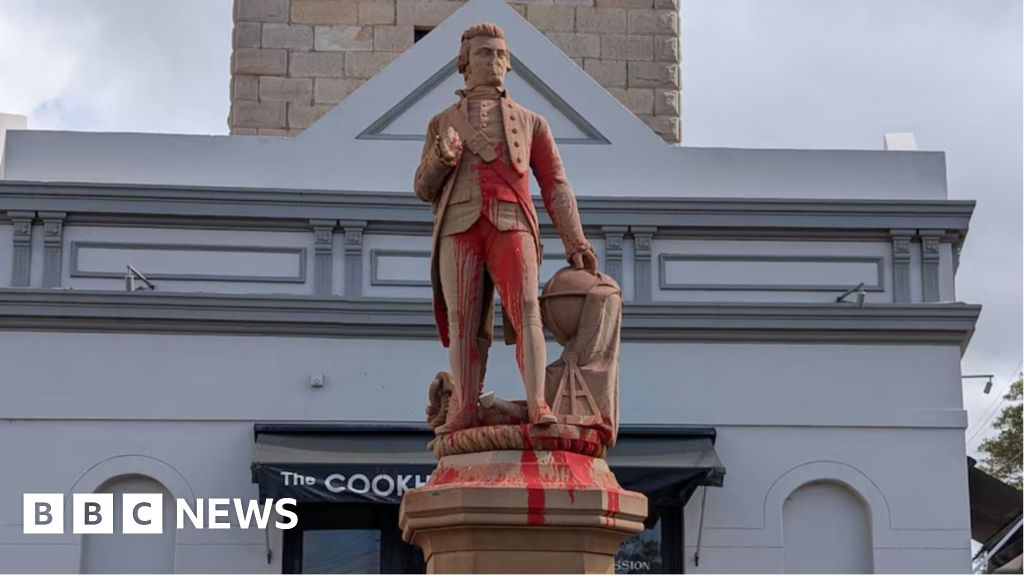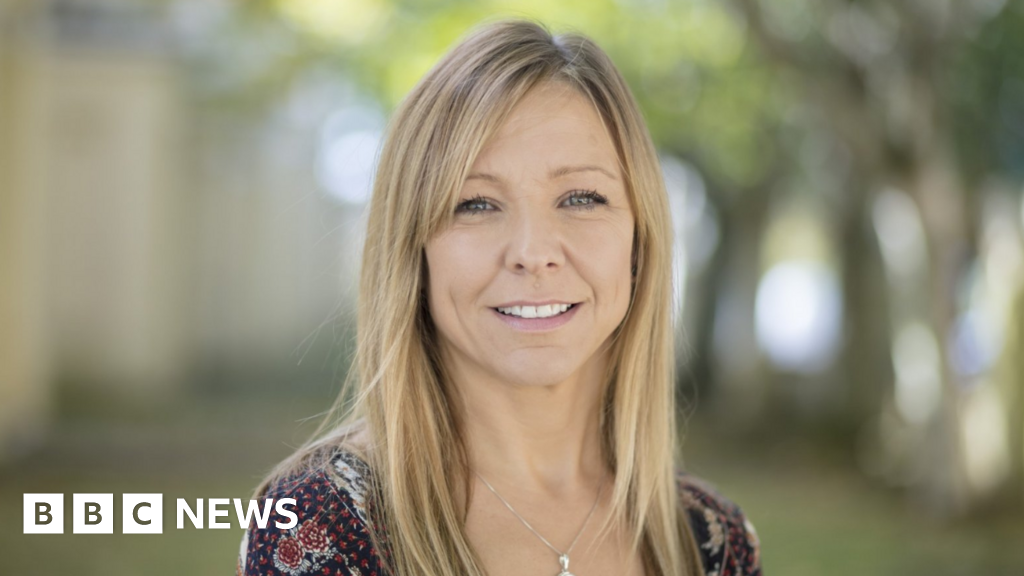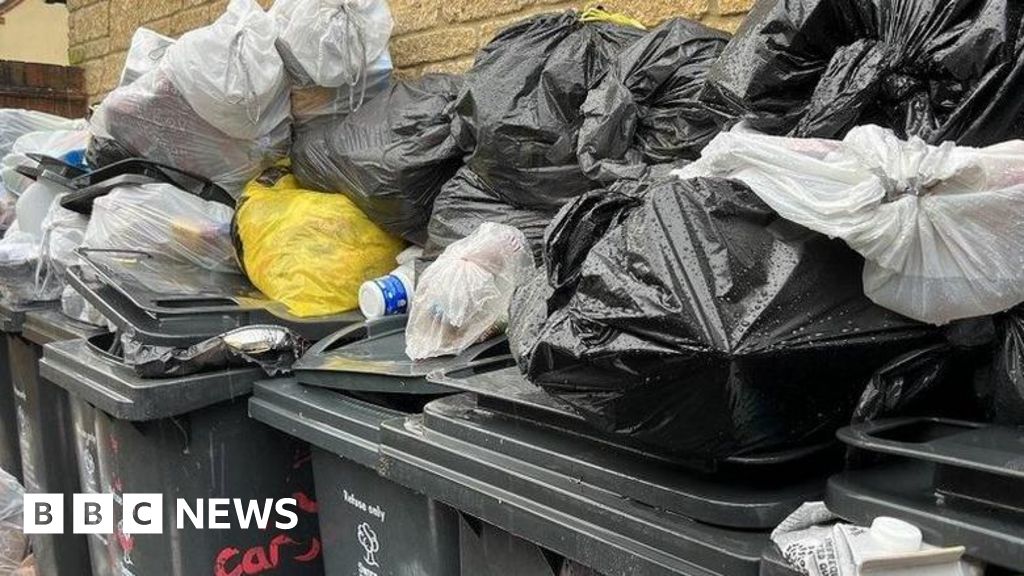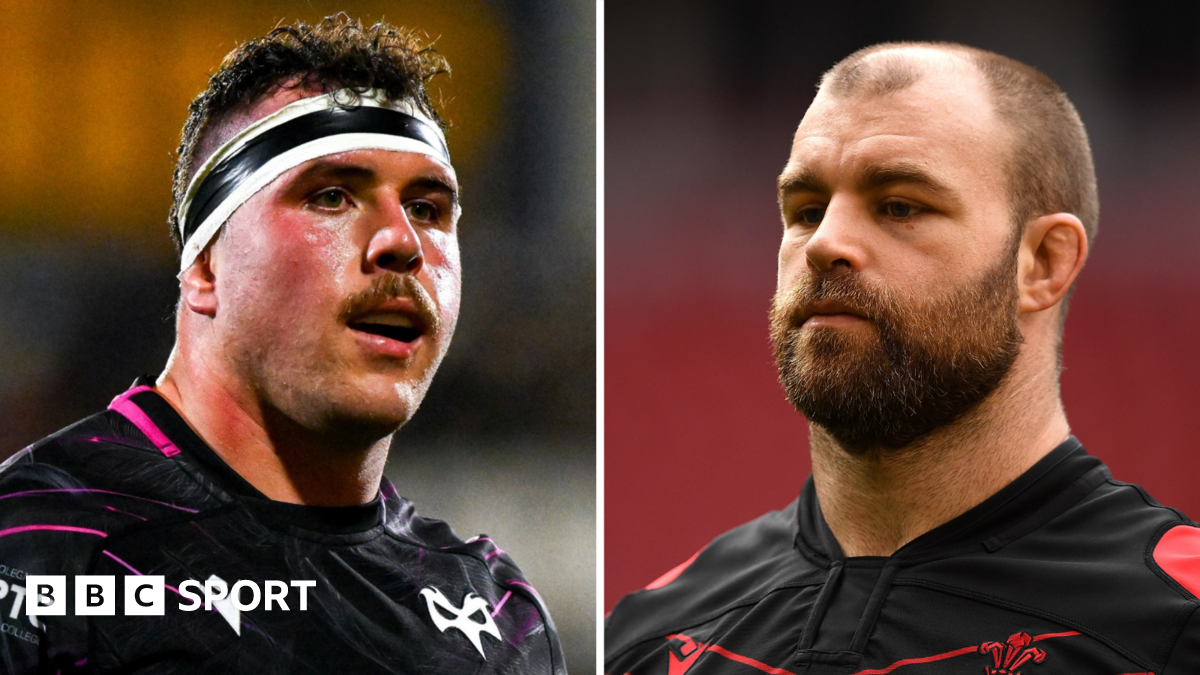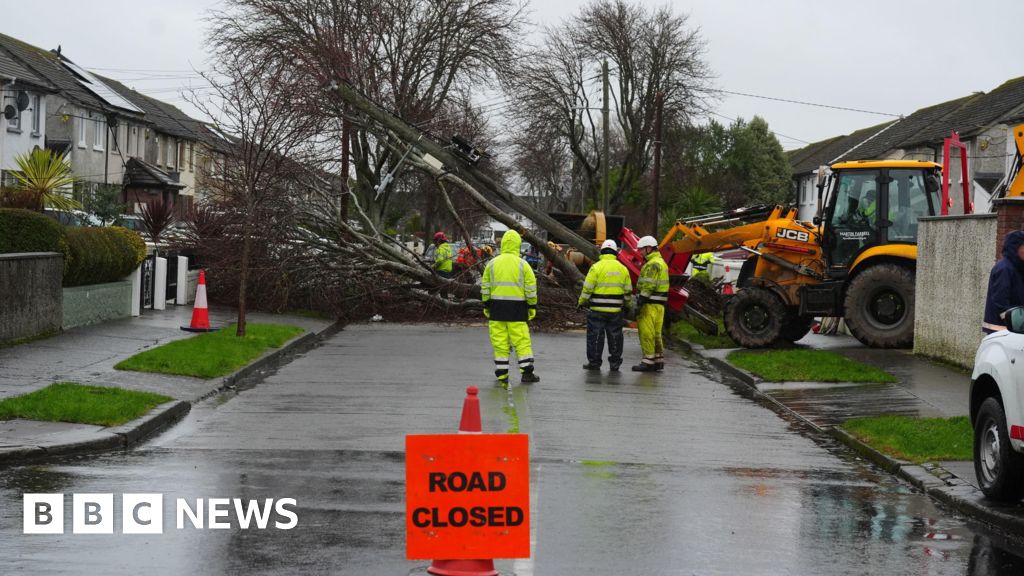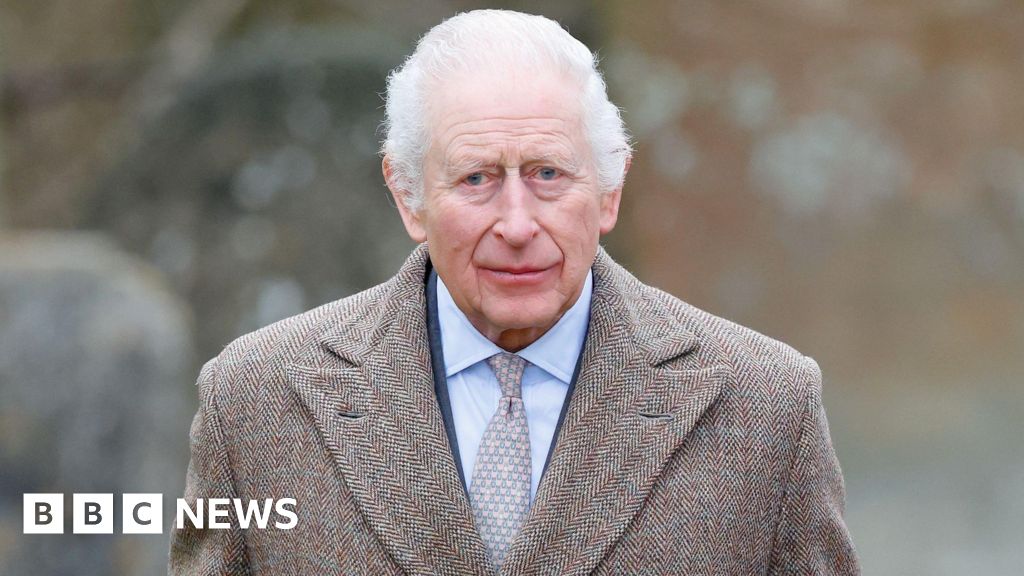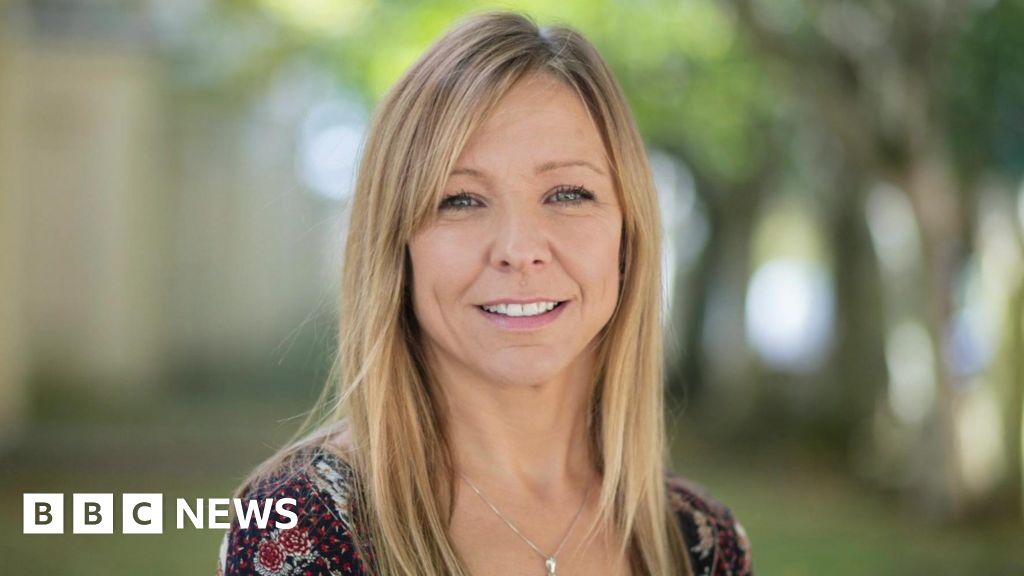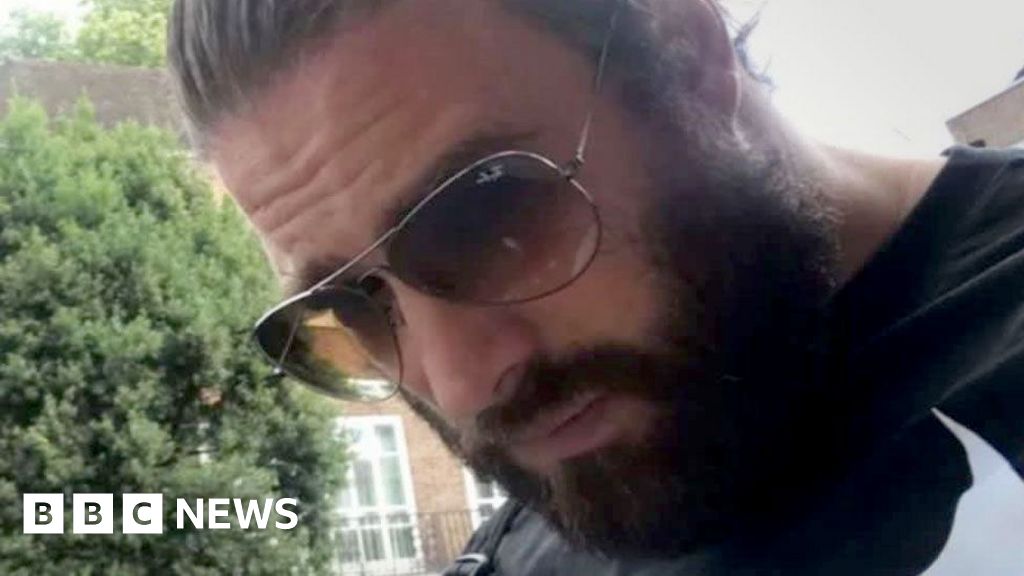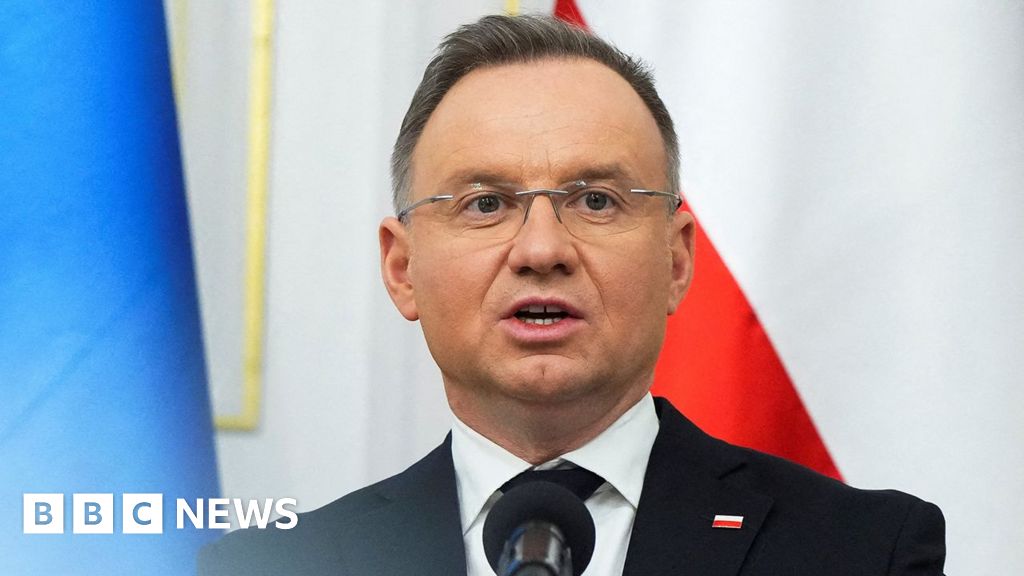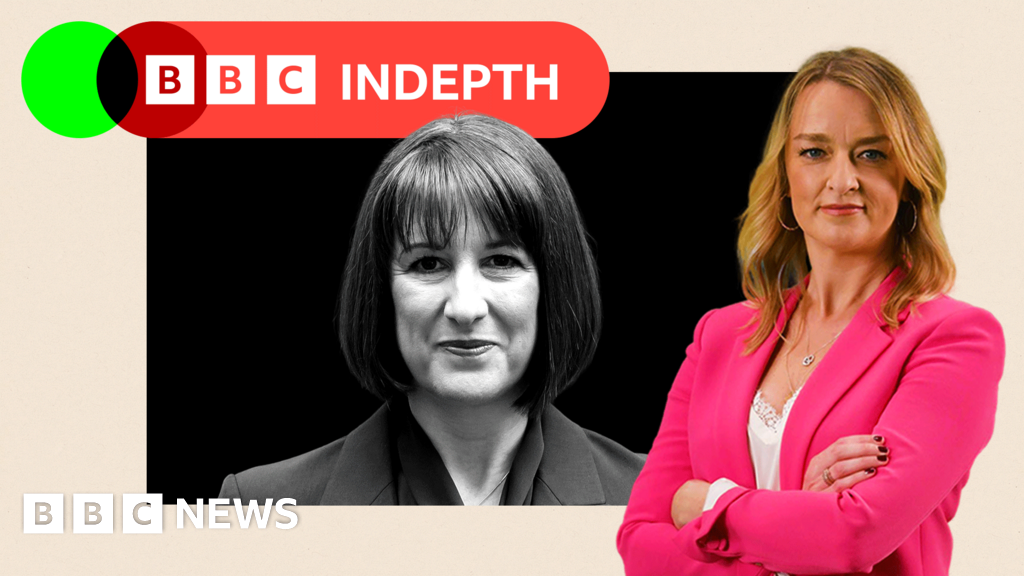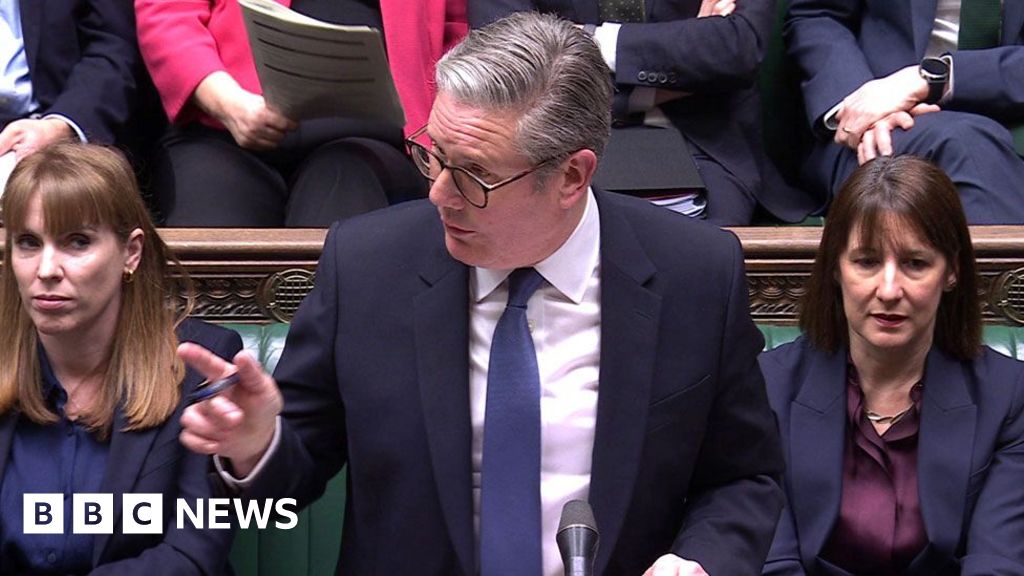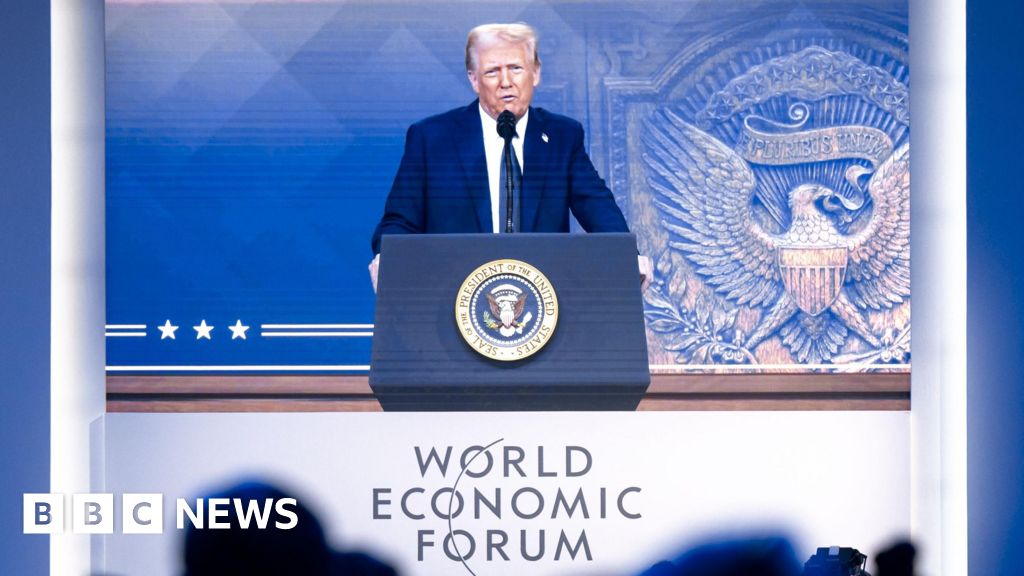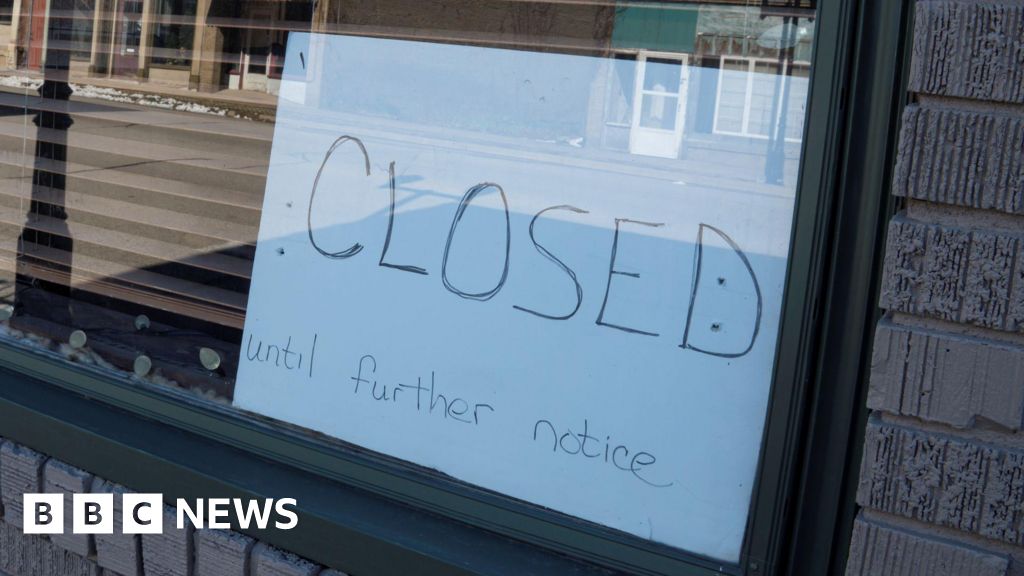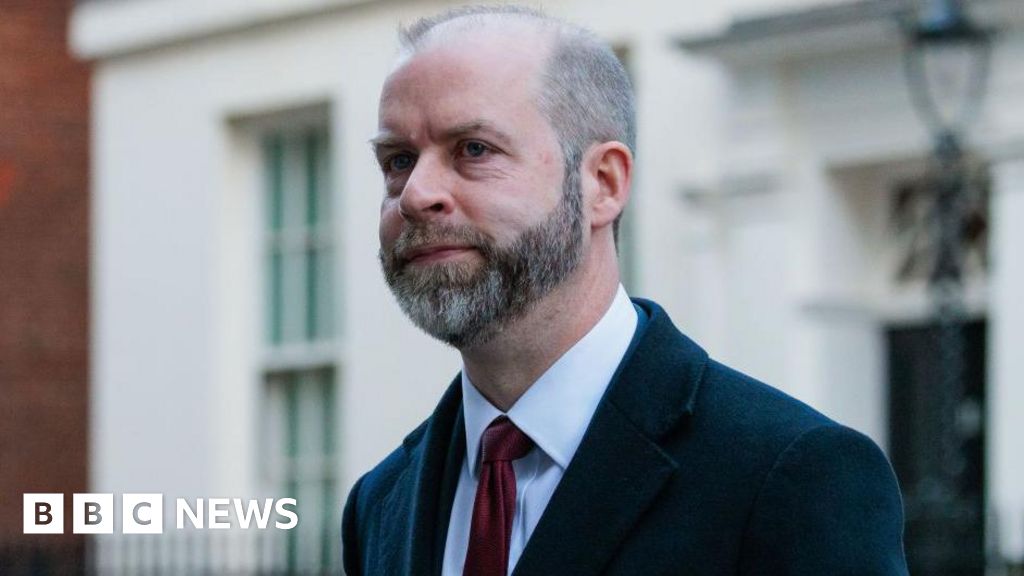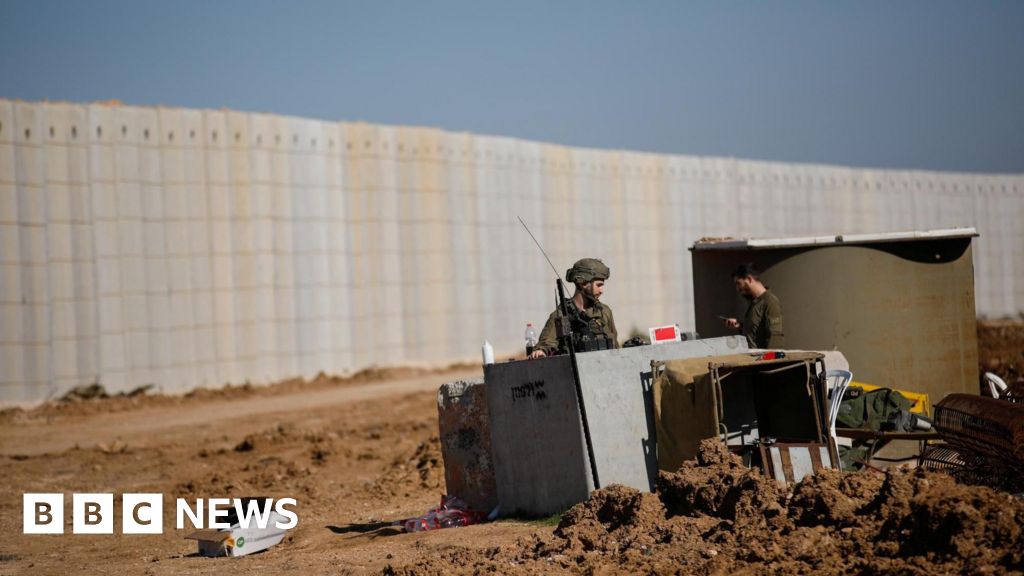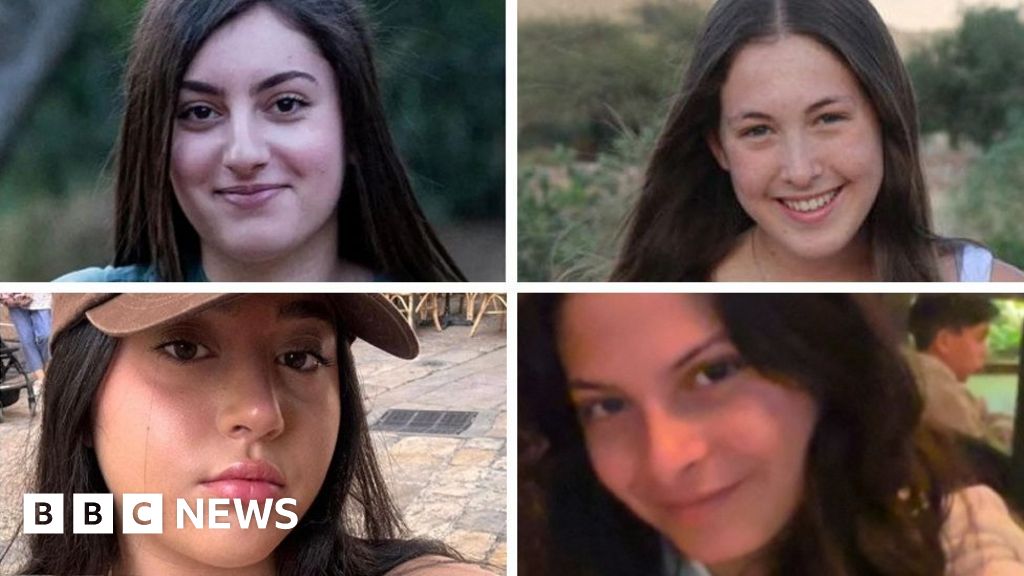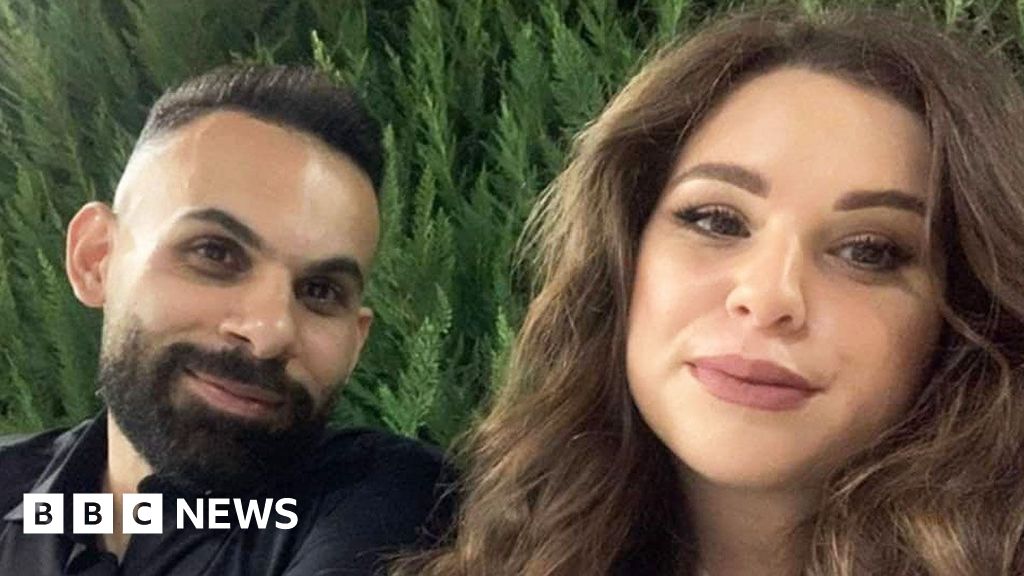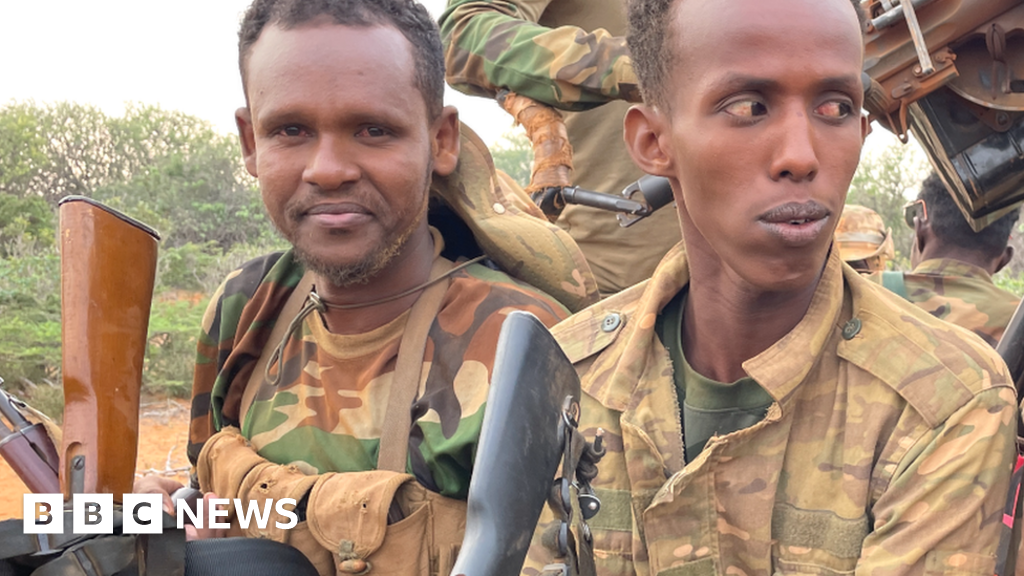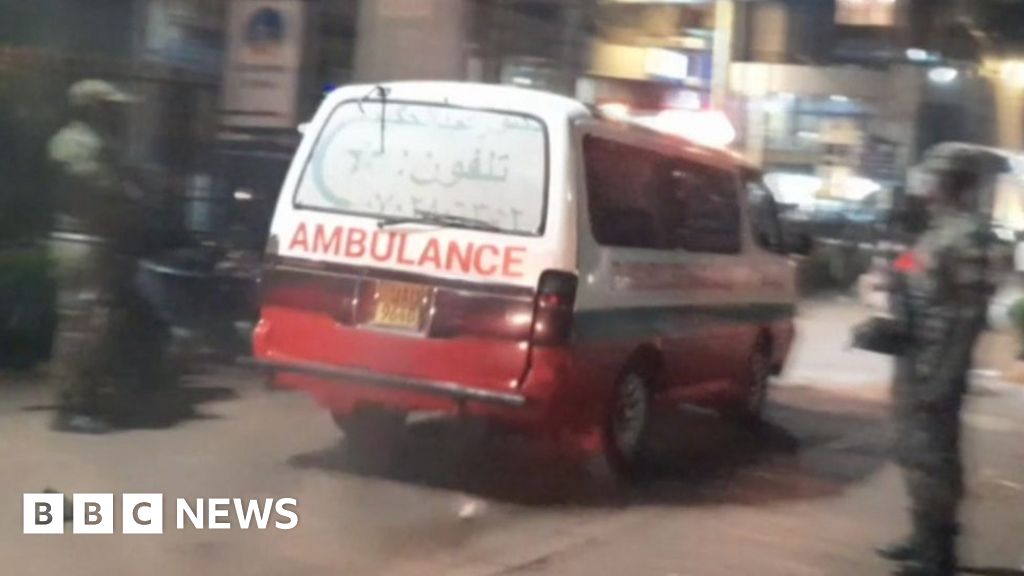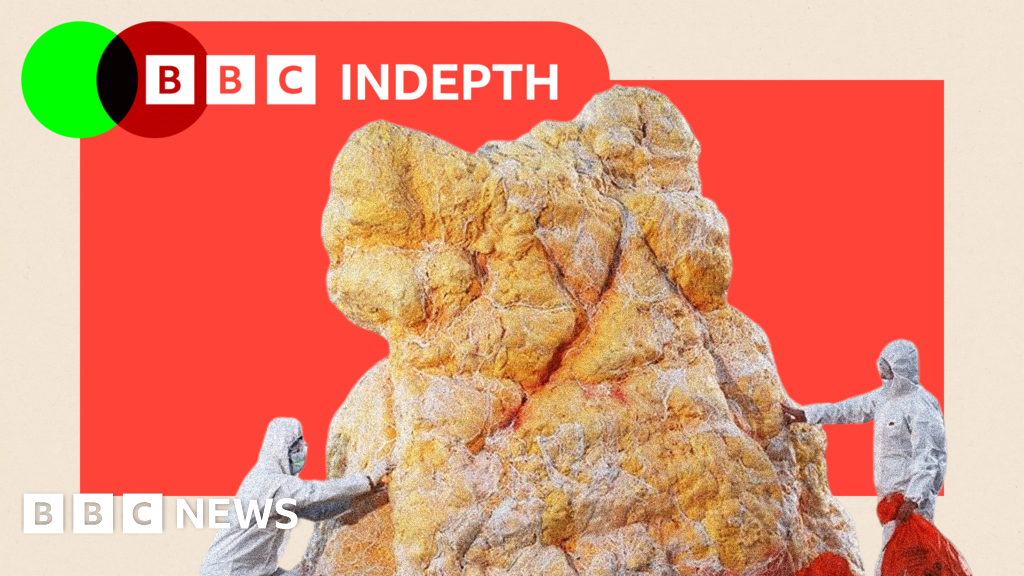BBC News, Beirut
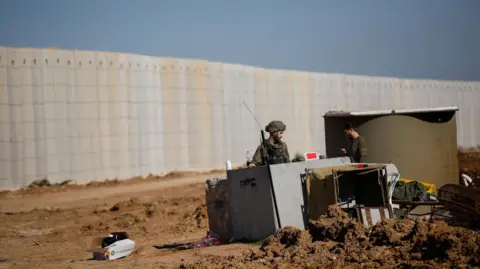 Reuters
ReutersIsraeli troops have remained in southern Lebanon beyond Sunday’s deadline for their withdrawal after saying a ceasefire deal with Hezbollah had not been fully implemented.
The 60-day agreement, which was brokered by the US and France and put an end to 14 months of conflict, stipulated the withdrawal of Israeli troops from southern Lebanon and the removal of Hezbollah fighters and weapons from the area.
At the same time, thousands of Lebanese soldiers are set to be deployed to the area where, for decades, Hezbollah has been the dominant force.
It was not clear how many Israeli soldiers remained in Lebanon as of Sunday and how much longer they intend to stay.
As the deadline passed and some residents tried to return to their homes, despite warnings by both the Lebanese and Israeli armies, the Lebanese health ministry said three people were killed and 44 injured by the Israeli military. There has been no immediate comment from Israel.
This is the first major test for the new Lebanese president, army chief Joseph Aoun, who is keen to bring stability to a country exhausted by multiple crises. In a statement issued on Sunday, he said Lebanon’s “sovereignty and territorial integrity are non-negotiable”, adding that he was “following this issue at the highest levels”.
The conflict escalated last September, leading to an intense Israeli air campaign across Lebanon, the assassination of Hezbollah’s senior leaders and a ground invasion of southern Lebanon. The offensive killed around 4,000 people in Lebanon – including many civilians – and led to the displacement of more than 1.2 million residents.
On Friday, the office of the Israeli prime minister said the withdrawal outlined in the ceasefire was “conditioned on the Lebanese army deploying in southern Lebanon and fully and effectively enforcing the agreement, while Hezbollah withdraws beyond the Litani”, a river about 30km (20 miles) from the Blue Line – the unofficial border between Lebanon and Israel.
“Since the ceasefire agreement has yet to be fully enforced by the Lebanese state, the gradual withdrawal process will continue, in full coordination with the US,” the statement said.
In a statement on Saturday, the Lebanese army said it continued to “implement the plan to enhance deployment” in areas along the border, but that there had been “delays in some stages due to the Israeli enemy’s procrastination in withdrawing, complicating the army’s deployment mission”.
A Western diplomatic official familiar with the negotiations, who spoke on the condition of anonymity, said Israel had said it needed more time to destroy Hezbollah’s infrastructure in southern Lebanon, and that the initial plan was for a 30-day extension.
There has been no immediate reaction from Hezbollah. On Thursday, the group said failure to comply with the deadline would be a “blatant violation of the agreement, an infringement on Lebanese sovereignty, and an entry into a new phase of occupation”.
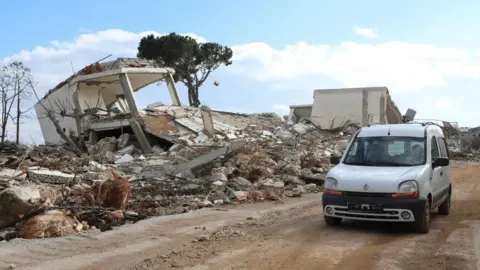 Reuters
ReutersHowever, the statement did not say how the group would respond if Israeli troops remained in the country.
This is possibly an indication of the delicate position the group finds itself in. The Iranian-backed militant, political and social movement, was severely weakened in the conflict with Israel, although it continues to enjoy significant support among Shia Muslims in Lebanon.
The ceasefire deal was widely considered as a surrender by the group, after it saw its infrastructure and weapons arsenal depleted and hundreds of fighters and key figures killed, including long-time leader Hassan Nasrallah.
Despite some violations, the truce put an end to the violence which caused billions of dollars in destruction and damage, allowing thousands of residents to return to their homes in Lebanon.
If it decides to resume its attacks, Hezbollah will face opposition from critics, who had accused the group of dragging Lebanon into a war that was not in the country’s interests, and possibly even from some of its own supporters.
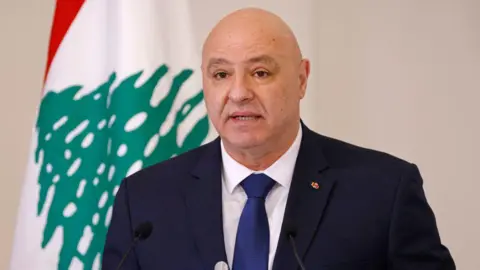 Getty Images
Getty ImagesHezbollah’s political influence has diminished, too.
Earlier this month, Lebanon’s parliament was able to elect a president after more than two years of political impasse blamed by critics on the group.
Aoun has promised ambitious reforms to rebuild state institutions long plagued by corruption, revive the collapsed economy after years of crisis, and the right to monopolise the possession of weapons, which would mean trying to curb Hezbollah’s military power.
It remains unclear whether the army is able – and willing – to do so, amid concerns that any action against the group could spark internal violence.
Israel’s stated goal in its war against Hezbollah was to allow the return of about 60,000 residents who had been displaced from communities in the country’s north because of the group’s attacks, and to remove it from areas along the border.
Hezbollah launched its campaign the day after the Hamas attacks on southern Israel on 7 October 2023, saying it was acting in solidarity with Palestinians in Gaza.


